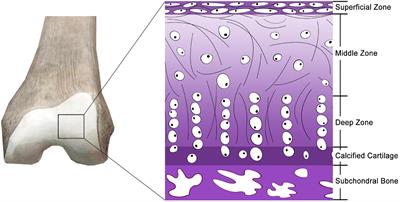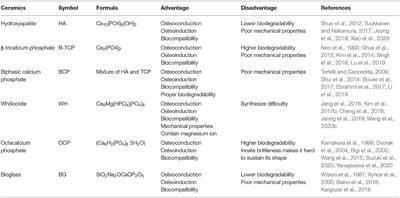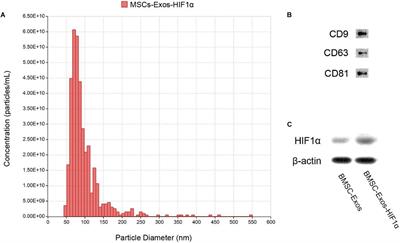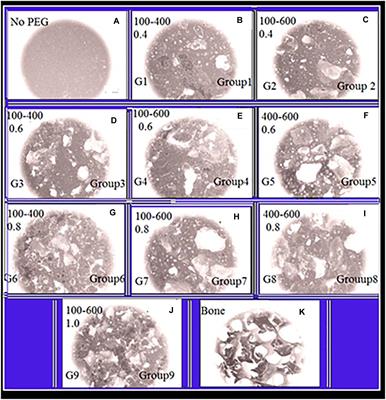EDITORIAL
Published on 21 Apr 2021
Editorial: Extracellular Vesicle Treatment, Epigenetic Modification and Cell Reprogramming to Promote Bone and Cartilage Regeneration
doi 10.3389/fbioe.2021.678014
- 1,881 views
15k
Total downloads
56k
Total views and downloads
EDITORIAL
Published on 21 Apr 2021
REVIEW
Published on 25 Mar 2021

REVIEW
Published on 14 Dec 2020

ORIGINAL RESEARCH
Published on 19 Nov 2020

ORIGINAL RESEARCH
Published on 15 Oct 2020

ORIGINAL RESEARCH
Published on 05 Aug 2020

SYSTEMATIC REVIEW
Published on 11 Jun 2020
